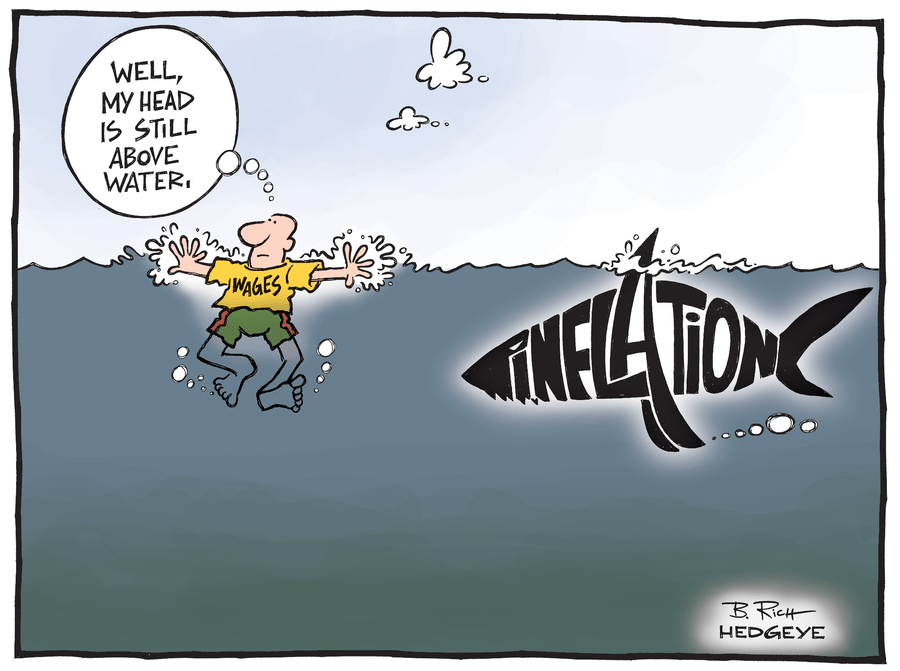The cost of living in Korea has been on the rise, and many people are struggling to cope with the increased expenses. This was particularly evident during a recent cold wave, when many elderly people were forced to seek warmth in subway stations due to unaffordable gas and electricity bills. The government has acknowledged the problem and is planning to change public charges, including gas charges, in advance. However, it is important to ensure that the rate system is fair and reflects each individual’s circumstances.
The gas price hike in Korea was not unexpected, as it is a common reality all over the world. In particular, several European countries, whose energy supply lines were blocked due to the Russia-Ukraine war, have increased their demand for natural gas, causing international futures prices to soar to an all-time high. The economic recovery after the corona has also contributed to the increase in demand for natural gas.
While an increase in public utility bills is not good news for households, consumers should be able to accept a fee that reflects a fair cost. However, the government must ensure that vulnerable groups, particularly those who are already struggling due to the economic disparity caused by the COVID-19 pandemic, are not left behind. It is urgent to expand energy welfare programs for the underprivileged, particularly as the burden of heating costs is higher than in previous years due to the gas price hikes.
There is a concern that the underprivileged may give up their heating bills due to the ever-increasing cost of living, which threatens their right to live. It is therefore crucial to take measures to ensure that vulnerable groups can heat their homes, even at the minimum level. One potential solution is an energy voucher system linked with the social security system, which would prevent a blind spot in energy welfare.
In conclusion, it is essential to address the issue of the rising cost of living in Korea, particularly the impact it has on vulnerable groups. The government must ensure that the rate system is fair and reflects each individual’s circumstances, and that energy welfare programs are expanded to provide support to those in need. Ultimately, public companies must operate with the concept of protecting the country and the lives of the people, rather than focusing solely on profit.


